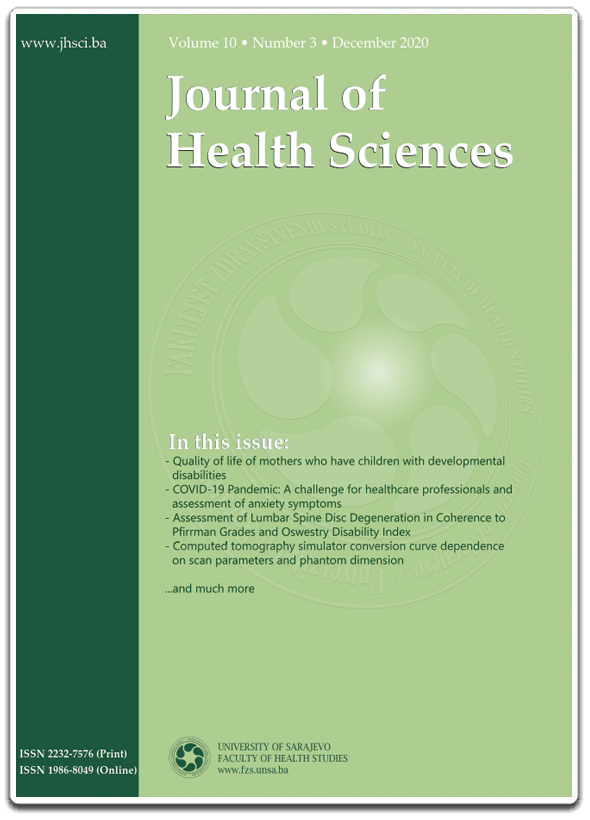A Novel Cellular Automata Classifier for COVID-19 Prediction
DOI:
https://doi.org/10.17532/jhsci.2020.907Keywords:
COVID-19, Cellular Automata, Non-Linear CAAbstract
Introduction: China has witnessed a new virus Corona,which is named COVID-19. It has become the world’s most concern as this virus has spread over the worldat a higher speed; the world has witnessed more than one lakh cases and one thousand deaths in a span of few days.
Methods: We have developed a preliminary classifier with non-linear hybrid cellular automata, which is trained and tested to predict the effect of COVID-19 in terms of deaths, the number of people affected, the number of people being could be recovered, etc. This indirectly predicts the trend of this epidemic in India. We have collected the datasets from Kaggle and other standard websites.
Results: The proposed classifier, hybrid non-linear cellular automata (HNLCA), was trained with 23,078 datasets and tested with 6785 datasets. HNLCA is compared with conventional methods of long short-term memory, AdaBoost, support vector machine, regression, and SVR and has reported an accuracy of 78.8%, which is better compared with the cited literature. This classifier can also predict the rate at which this virus spreads, transmission within the boundary, and of the boundary, etc.
Downloads











